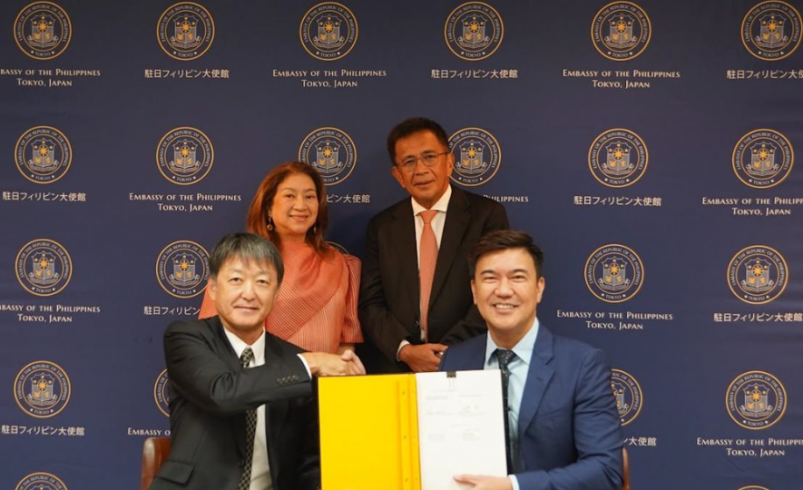BCDA taps Japanese expertise for waste-to-energy, ICT, and green infrastructure
- October 2, 2025
- 0

The Bases Conversion and Development Authority (BCDA) has forged three major partnerships with Japanese government and private sector entities to advance sustainable infrastructure, energy transition, and digital connectivity in its economic zones.
The agreements were formalized during BCDA President and CEO Joshua M. Bingcang’s official mission to Tokyo, Japan, culminating in the signing of memoranda of understanding (MOUs) on September 30 at the Philippine Embassy.
The most prominent initiative is a waste-to-energy (WTE) project in New Clark City, Capas, Tarlac, under a deal with Japanese industrial and engineering firm Kanadevia Corporation (KVC). The MOU covers preliminary feasibility studies for the facility, which BCDA says “aligns with the goal of transforming New Clark City into a green and resilient metropolis by introducing sustainable solutions and fostering a circular economy.”
In the digital connectivity sector, BCDA partnered with Japanese telecommunications firms IPS Inc. and InfiniVAN Inc. to explore projects leveraging the agency’s information and communications technology (ICT) assets in the Poro Point Freeport Zone and other BCDA-managed areas. These initiatives aim to support the Luzon Bypass Infrastructure Program by extending high-speed internet access to underserved communities.
The third agreement, signed with the Japan Bank for International Cooperation (JBIC), formalizes cooperation for the “development and promotion of BCDA projects that champion energy transition and support environmental and social sustainability.” JBIC will also explore strategic funding opportunities for such projects and help strengthen ties with Japanese businesses.
“With our Japanese partners, we are advancing projects that tackle waste management through renewable energy, strengthen digital connectivity for communities, and promote sustainable development in our economic zones,” Bingcang said. “More than infrastructure, these collaborations will deliver direct benefits to Filipinos by creating jobs, attracting investments, and improving quality of life.”

Philippine Ambassador to Japan Mylene De Joya Garcia-Albano said the MOUs “represent a shared commitment to collaboration, innovation, and sustainable growth” and expressed confidence that the agreements “will pave the way for more meaningful business opportunities” between the two countries.
As part of the Tokyo mission, BCDA will meet with the Japan Overseas Infrastructure Investment Corporation for Transport and Urban Development to coordinate strategies for New Clark City and will visit the Shinagawa WTE Plant to benchmark operations.
What opportunities and challenges do you foresee in integrating Japanese expertise into the Philippines’ energy transition and smart city initiatives? Join the conversation.
Follow Power Philippines on Facebook and LinkedIn or join our Viber community for more updates.